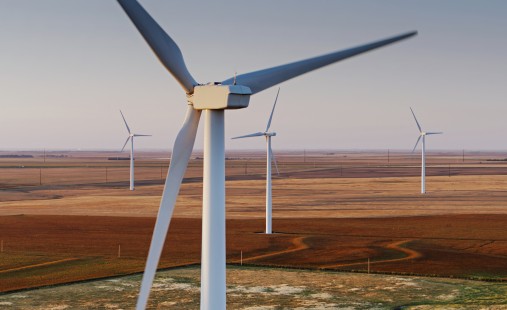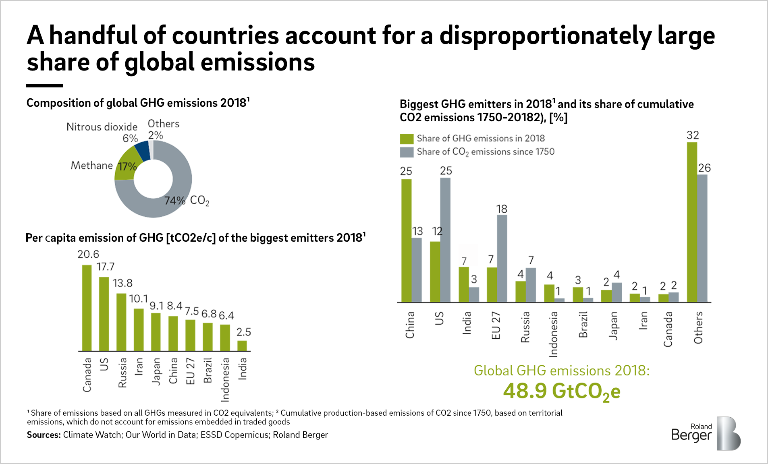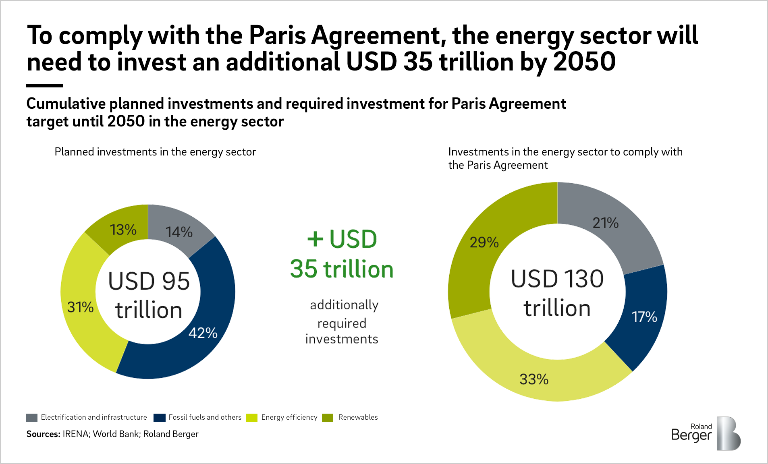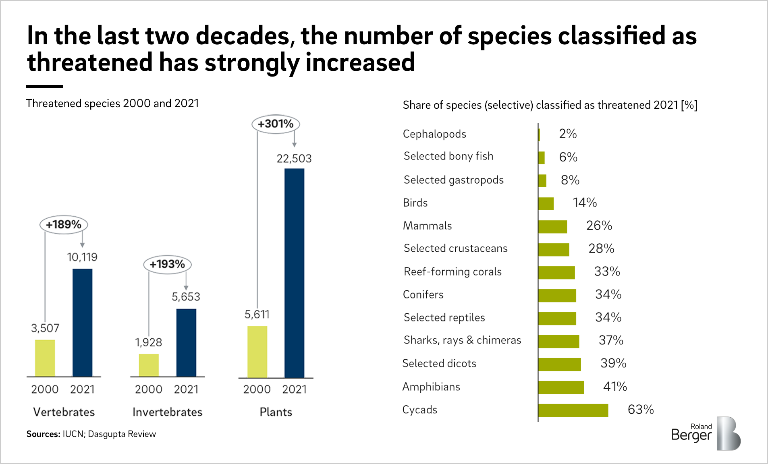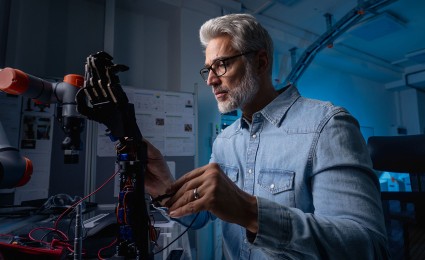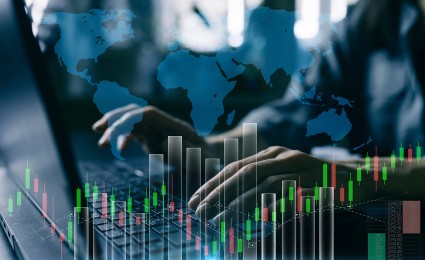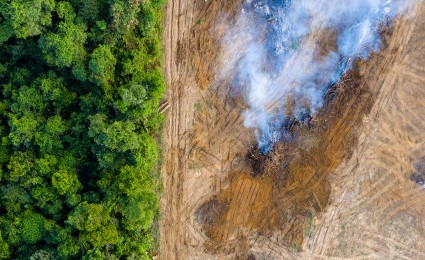Roland Berger is a thought leader in environmental issues and the response demanded from organizations. Our publications cover all relevant areas.


Roland Berger Trend Compendium 2050: Environment & Resources
By David Born and Christian Krys
Trend 3 of our Trend Compendium 2050 analyzes climate change and pollution, resource abundance versus resource scarcity, and ecosystems at risk
In Trend 3 of our Trend Compendium 2050 we are faced with a most pressing megatrend: Environment and resources. Here, we look at climate change and various aspects of pollution, as well as the challenges posed by scarcity versus abundance of resources, and ecosystems at risk.
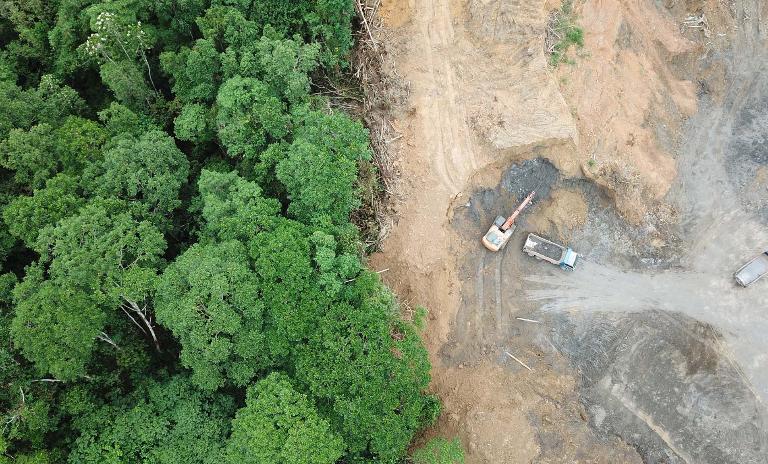
Climate change and pollution: All eyes are on CO2 emissions and keeping global warming contained. Air pollution is a major environmental threat to humanity to 2050 – as are other forms of pollution
Ambitions to contain global warming to below 2°C (compared to pre-industrial levels) are posing considerable challenges to 2050. Ultimately, the treaty thrashed out in 2015 aims to ensure that global greenhouse gas (GHG) emissions peak as soon as possible and that emissions and removals are balanced in the second half of this century – net zero emissions by 2050. Yet CO2 (the main man-made GHG culprit, ahead of methane and nitrous oxide) concentration has reached its highest level on record. Historically, countries that have industrialized early are among the highest emitters in cumulative terms – but other have followed suit in more recent decades, and a handful of countries now account for the lion's share of emissions. To reach net zero by 2050 , a drastically increased use of renewable energies is a must across the widest possible sectors, processes and applications.
Rising temperatures are not the only concern of global scope: Environmental threats, such as the many forms of pollution, place an alarming global burden on our health, on our economy as well as nature's ability to thrive. Air pollution, although improving, still appears near universal – with 91% of the global population living under conditions that violate WHO air quality standards.
Other forms of pollution such as water and soil pollution have knock-on effects regarding the quality of our food and drinking water. Waste mismanagement adds another layer of complexity and ill effects into the mix. Waste, particularly unsustainable food waste, contributes a considerable amount to global CO2 emissions.
Plastic, the long-time success story of the past century, is coming back to haunt us and our planet as ever smaller particles have been found seemingly everywhere – in animals, oceans, soils and air. Even if we stopped emitting plastics into our environment today, the legacy of 8 billion tons produced over the past seven decades will stay with us for a very long time.
Resources – Abundance versus scarcity: A more considered balancing act of abundance and scarcity of resources is called for
We are literally too big for our boots: Our ecological footprint is 1.7 times larger than the Earth's biocapacity – with some countries wearing far bigger boots than others. Our sustainable development depends on the considered management of our resources, that is the sustainable provision of energy, food, water and raw materials. The transition to more sustainable energy use requires two actions – namely decarbonization through the increase of renewable energy sources, as well as wide ranging efficiency improvements. The former entails a considerable amount of energy sector investments but leads to payoffs in reduced externalities savings in the decades ahead.
Over the past decades, energy prices of renewables, for example in the form of electricity from wind and solar, have fallen and are now competitive with their fossil fuel counterparts, thus creating incentives for investors and other stakeholders to accelerate the transition. Further technological innovations are needed to balance and support this new energy landscape, particularly with a view to energy storage.
Besides energy raw materials, other raw materials, especially metals, play a significant role in the transformation of the economy. Raw material deposits are distributed very unevenly around the world. Some countries have a large share of raw materials that are relevant for production processes and end products. For example, China is rich in rare earths. These substances are particularly needed in electric vehicles and wind turbines.
Some raw materials are exceptionally well suited for a move away from linear to more circular production processes. Going forward, a circular economy concept based on the four Rs (reuse, repair, remanufacture, recycle) promises a more regenerative, less wasteful economic system. Furthermore, when circular principles are extended to food production and consumption, challenges concerning future food demand, required land use and arising emissions can be overcome.
Ecosystems at risk: It's all connected, and we must understand what it means
While climate change and decarbonization are monopolizing headlines, other threats to our natural world appear of lesser importance. But it is not so. Intact ecosystems are not only significant for absorbing CO2 but provide us with everything we need.
Ecologists and other environmental experts have long highlighted that the earth is a series of connected ecosystems – threatened by human activity. All species live, feed and breathe under certain conditions which are broadly shaped by climate. But climate change is only one additional stressor when it comes to ecosystems at risk. Land- and sea-use change, direct exploitation, pollution and the invasion of non-native species combine to be the other main drivers of biodiversity loss.
Human activity continues to erode ecosystems and species. The number of plant as well as animal species classified as threatened has increased significantly in recent years, to the extent that one quarter of species are at risk of extinction.
Both terrestrial and aquatic ecosystems have considerable economic value and support a vast number of jobs globally. As estimated by the World Economic Forum, about half of the global GDP is dependent on ecosystem services.
A new awareness is taking hold that our ecosystems need to be protected and restored. A post-2020 global biodiversity framework is underway, setting out a new vision for biodiversity to 2050, reinforced by leaders around the world. The goal is that our world not only becomes "net zero" in terms of emissions, but that more is given back to nature than is taken from it ("nature-positive").
How companies can take advantage of megatrends
While climate change is causing the greatest economic transformation this century, companies that act now and transform their business yield a leadership premium. The many direct and indirect effects of the climate emergency – new sustainability benchmarks, regulatory changes, changed consumer trends, and more – will shape the global business landscape across all sectors. This transformation requires exposure as well as impact assessments regarding companies' business models, under transparent criteria, with clearly defined goals and realistic timelines. A top-level strategy is key in achieving a successful transformation bearing in mind that the level of sustainability awareness of all stakeholders continues to increase.
It is also becoming clear that companies' future resources mix will look very different from todays. To combat resource scarcity and supply risks, now and in the future, companies should evolve towards more circular economy principles where inputs – materials as well as energy – are less exposed to shocks and volatility.
Net zero is the new black: Companies should use all available technological possibilities to manage their carbon emissions. Yet, a broader, more creative vision understands that opportunities arising from nature itself must also be taken into consideration. Ways to support nature conservation and biodiversity restoration also help lower a companies' carbon footprint while saving fundamental ecosystem services for posterity.
Roland Berger Trend Compendium 2050: Environment & Resources
![{[downloads[language].preview]}](https://www.rolandberger.com/publications/publication_image/roland_berger_416_trend_compendium_deep_dive_trend_3_environment__resources_cove_download_preview.png)
In Trend 3 of our Trend Compendium 2050 we are faced with a megatrend: Environment & Resources.

